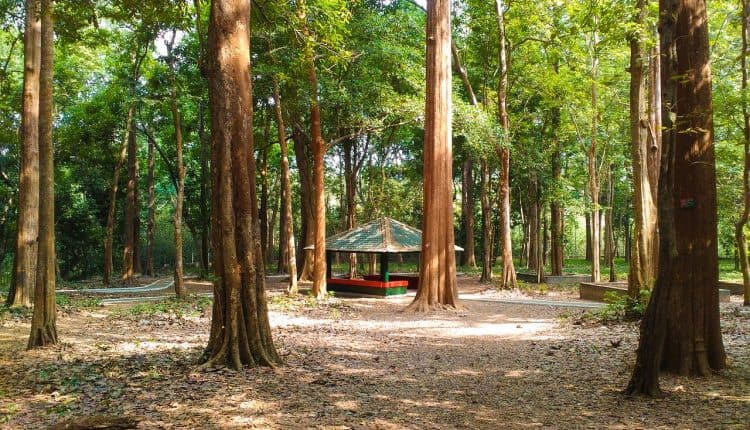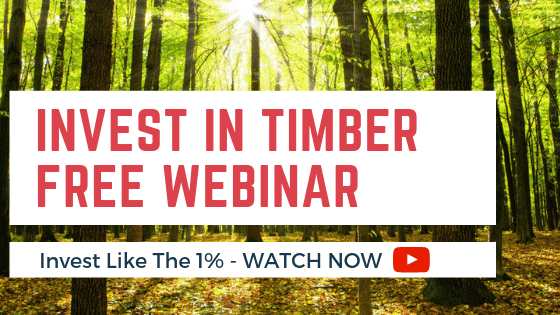Through our Teak Frequently Asked Questions series, we have so far covered the subjects of general information on the teak tree and of our company, Teak Hardwoods (Teak FAQ Part 1). We have also covered the various investment aspects and risks involved in making an investment into teak (Teak FAQ Part 2). If you have not read these articles and would like to learn about these subjects, please click on the links above to learn more.
The final article in this series seeks to answer questions you may have regarding the residency programs available through the purchase of a teak plot. We hope that this article will answer all of your questions, and leave you better informed as to the logistics and benefits of foreign residency programs.
To start this article off, I would like to give you a general explanation of what this whole residency thing is in the first place. By purchasing a plot of teak in either Nicaragua or Panama, you will become eligible to apply for permanent residency in either of these countries. This is completely voluntary. Teak Hardwoods has several trusted lawyers we work with who can aid you in the process of obtaining permanent residency or, if you so choose, you may use your own lawyer.
How does the permanent residency work?
There are many benefits of having permanent residency in a foreign country. The benefits to having permanent residency in either of these countries are numerous. The Panama Friendly Nations Visa, the program which allows teak investors to receive permanent residency in Panama, offers many benefits, such as allowing you to apply for a work visa, being a path to citizenship, and only requiring that you visit 1 day every 2 years to maintain your residency. In addition, women over 55 and men over 65 receive many discounts with their residency through the Friendly Nations Visa, such as 25% off airline tickets, 30-50% off hotel stays, 15% off hospital bills (unless insurance applies) as well as many others.
How does this help with my Plan B?
In addition to all of these, having permanent residency in a foreign country can act as a great Plan B. Certain things are simply out of our control in our homes countries, such as political unrest, economic turmoil or natural disasters. There is nothing we as individuals can do to stop these things, however, we can plan for if they ever should occur. Permanent residency in a foreign country acts as good preparation and an excellent Plan B to guard yourself from any calamities or mishaps that may occur in your home country.
Do I need to Visit there?
Some travel is required to obtain residency in either Panama or Nicaragua. To obtain your residency in Panama, you will need to visit 3 times; once to open a bank account, once for obtaining a health physical and completing any paperwork with your attorney, and once to pick up your residency card. The attorney will guide you during the process and work with you to determine your timeline. If you would like more information about the process, email info@teakhardwoods.com. For Nicaraguan residency, one must provide various official documents in person to the Nicaraguan immigration office. The attorney will guide you in obtaining the proper documents. In addition, you will need to stay in the country for 30 days following the submission of the application.
In addition to being required to visit the country you want residency in to obtain that residency, you will also be required to make visits to that country to retain your residency. For the Panama Friendly Nations Visa, once you receive your residency card, you will only need to visit the country of Panama 1 day every 2 years. For Nicaraguan residency, you will need to live in Nicaragua 6 months out of the year.
In general, to obtain residency in Panama will take 4-6 months, and to obtain residency in Nicaragua will take 90 days (3 months). However, it should be noted that the time to obtain residency is highly variable, and will be different for every individual.
What are the costs involved?
There are some costs associated with the various residency programs. In addition to the cost of your initial investment, which your investment into teak will be sufficient to cover, there are legal fees associated with obtaining residency. For Panama, legal fees are $4,300 (for one adult) for a Friendly Nations Visa as well as a Panama Corporation. For Nicaraguan residency, the approximate cost of the application process, including lawyer’s fees, is $850.
If you with to add dependents, be they spouses or children, there may be some additional fees associated with obtaining residency for them. The cost per dependent is $1,900 / person for the Friendly Nations Visa. For Nicaraguan residency, dependents may be included in the residency process.
Can this lead to Citizenship?
Another great aspect of these residency programs is that they can be used to help you obtain citizenship. For the Friendly Nations Visa, you can apply for citizenship after 5 years of obtaining your permanent visa. There are additional fees for this transaction. For Nicaraguan residency, you can apply for citizenship after 2 years of maintaining your permanent residency.
Experience the Insider community that takes your international lifestyle to the next level. Download your FREE guide
"18 Steps to Implementing Your Plan B" instantly!
Is there an Option to work there?
Finally, if you are curious about being able to work in the country in which you obtain your residency, the good news to this is that, yes, your permanent residency will allow you to work in the country in which you have residency. Under the Friendly Nation’s Visa, you are permitted to apply for your work visa. When obtaining residency in Nicaragua, there are some stipulations to being able to work in-country. These should be discussed with an attorney.
Final Thoughts
Being able to obtain permanent residency in a foreign nation is one of the greatest benefits to making an investment into teak. The benefits of permanent residency are many. Probably the greatest benefit is the added protection that permanent residency in a foreign nation offers to you. It provides for you a solid Plan B to guard against any macro-level disasters which may occur in your home country. If you have questions regarding permanent residency in a foreign country or obtaining permanent residency through the purchase of teak that has not been answered in this article, please contact us.
In-demand, yet of dwindling supply in the marketplace, Teak is a remarkably valuable hardwood that is extremely durable, practical, and beautiful. To learn more about this opportunity watch this special presentation by Rachel Jensen and Mikkel Thorup.
Like Our Articles?
Then make sure to check out our Bookstore... we have titles packed full of premium offshore intel. Instant Download - Print off for your private library before the government demands we take these down!







